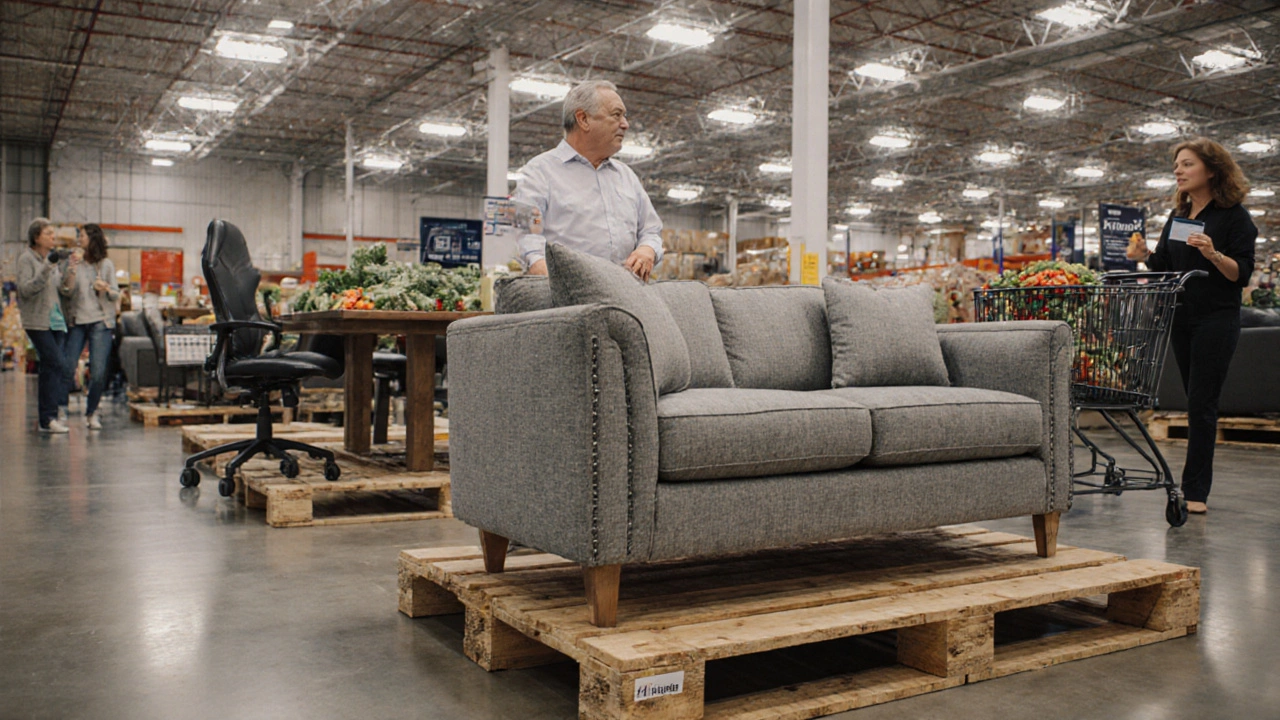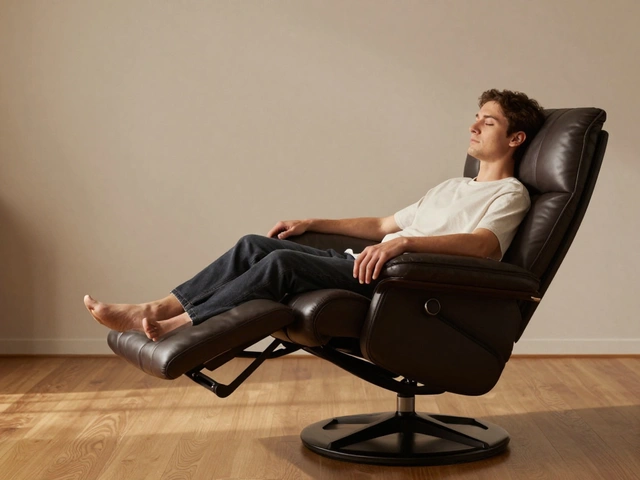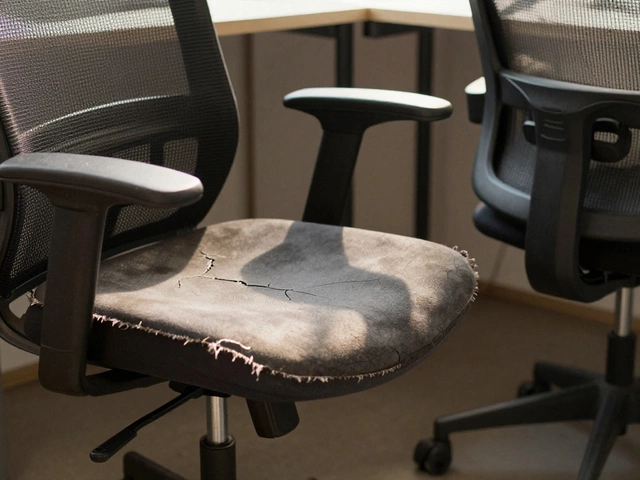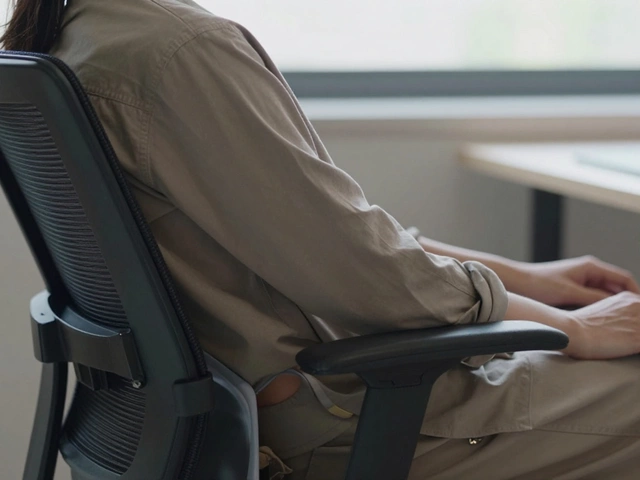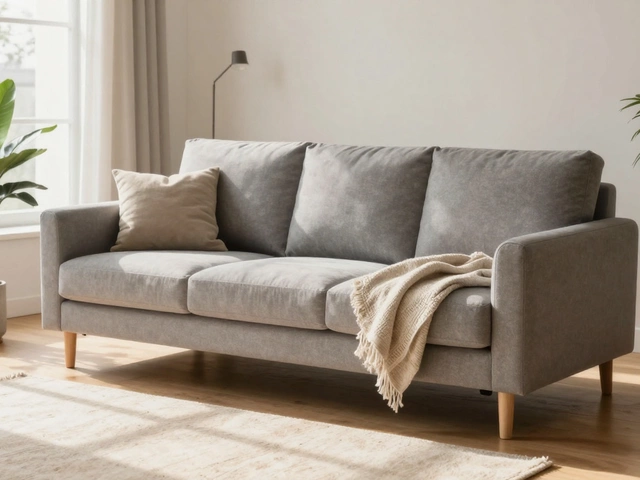Private Label Furniture – Tailored, Branded, Ready for Your Market
When working with private label furniture, furniture produced under a retailer’s brand but manufactured by a third‑party maker. Also known as OEM furniture, it lets businesses offer unique pieces without owning a factory. Private label furniture gives retailers control over style, pricing, and quality while off‑loading the heavy lifting to seasoned manufacturers. This model encompasses everything from bedroom wardrobes to outdoor patio sets, meaning you can build a full product line without a single saw blade in your workshop. The key advantage is speed: a retailer can launch a new collection in months instead of years, thanks to the ready‑made production pipelines of trusted partners.
To make the most of a private label approach you’ll often see it paired with custom bedroom solutions, tailored wardrobes, headboards and storage that fit a specific room’s dimensions and design goals. These bespoke bedroom pieces are a perfect illustration of how private label furniture can meet exact consumer demands while keeping costs in check. Another close companion is bespoke furniture, one‑off or limited‑run items crafted to a client’s precise specifications. While bespoke pieces often command a premium, pairing them with a private label strategy lets a brand offer both exclusive designs and more affordable, mass‑produced options side by side. Finally, the backbone of the whole operation is furniture manufacturing, the industrial processes, quality controls and supply chain networks that turn raw material into finished goods. Reliable manufacturing ensures that every private label item meets the promised standards, whether it’s a high‑end recliner or a simple storage cabinet.
Private label furniture requires a clear understanding of three semantic relationships. First, private label furniture encompasses custom bedroom solutions, meaning the former can include the latter as a subcategory. Second, it relies on furniture manufacturing, a direct dependency that guarantees consistency across product lines. Third, bespoke furniture influences private label collections by pushing design trends that manufacturers later adopt for larger runs. These connections help retailers decide which pieces to develop in‑house and which to source from partners. In East Yorkshire, the demand for locally‑styled yet affordable bedroom interiors has driven many shops to adopt private label programs, blending regional taste with national manufacturing standards. The result is a market where a shopper can walk into a store, see a stylish wardrobe that feels unique, yet knows it was produced efficiently and responsibly.
What to Expect from the Articles Below
The posts linked on this page explore the full spectrum of topics that intersect with private label furniture. You’ll read why high‑priced recliners carry their price tags, how Japanese sofa beds save space, and when splurging on outdoor furniture makes sense. There are practical guides on reupholstering sofas, protecting patio sets, and even choosing the right TV stand size. Each article adds a layer of insight, whether you’re curious about material durability, cost‑benefit analysis, or design trends that could shape your next private label collection. By understanding these nuances, you’ll be better equipped to decide which pieces to brand yourself and which to leave to specialist manufacturers.
Armed with this context, you can now dive into the curated list of articles that break down pricing, materials, ergonomics, and style choices across a wide range of furniture categories. The knowledge here will help you spot opportunities, avoid common pitfalls, and ultimately build a private label line that resonates with customers while staying profitable.
Is Kirkland Furniture the Same as Costco? What You Need to Know
A clear guide explains that Kirkland furniture is Costco’s private‑label brand, covering quality, pricing, warranties, and where to buy.
